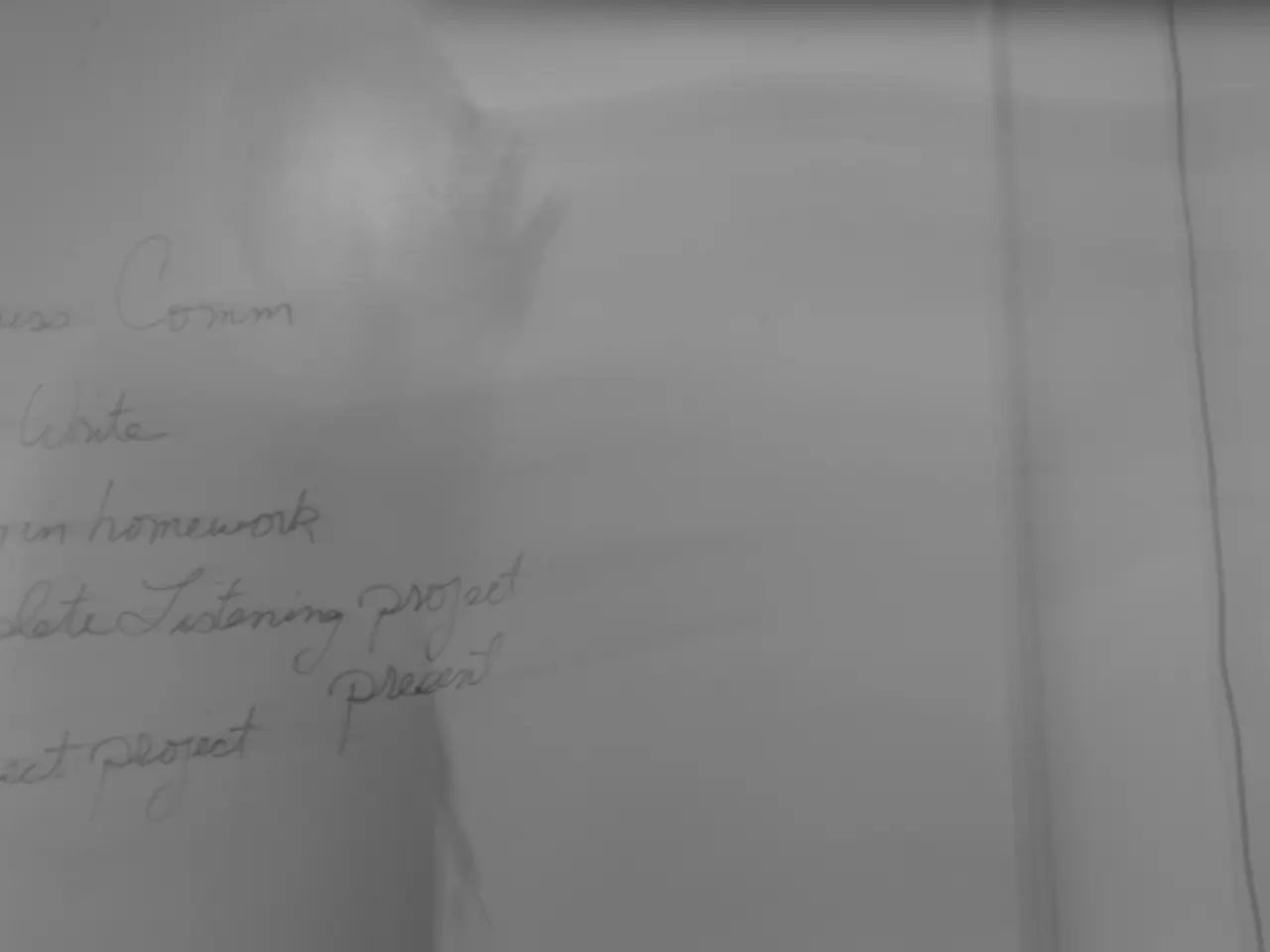Trump's budget proposal tips the scales against gambling, potentially jeopardizing Nevada's economy
In the world of gambling, risk is a given. However, a recent change in the U.S. tax code has dramatically increased the risk for professional gamblers and serious recreational bettors. The change, which limits the deduction of gambling losses to 90%, is now the focus of intense debate in Congress.
Two bills, the FAIR BET Act and the FULL HOUSE Act, have been introduced to restore the full 100% deduction for gambling losses. The FAIR BET Act, introduced in the House by Rep. Dina Titus with bipartisan co-sponsors, aims to amend the tax code to replace "90 percent" with "100 percent" in Section 165(d). The FULL HOUSE Act, introduced in the Senate by Sen. Catherine Cortez Masto, echoes the House bill’s objective.
The American Gaming Association now supports Titus' bill, warning that the deduction change threatens to reduce betting volumes and harm tribal and commercial casinos alike. Victor Rocha, a Pechanga tribal leader, states that the change will "create pain in all gaming markets."
The issue is far from settled. Nevada's Democratic lawmakers, including Congresswoman Dina Titus and Sen. Catherine Cortez Masto, are working to repeal the new provisions of the tax code and restore the 100% deduction for gambling losses.
The FAIR BET Act has gained traction and is supported by a diverse coalition including Republicans and Democrats from states that do not allow legalized gambling. The bill is not limited to defending Nevada's biggest industry or gambling generally, but has national implications as gambling is now legal in 30 U.S. states.
The FULL HOUSE Act, however, faced a significant procedural obstacle when Senate Republicans, led by Sen. Todd Young, blocked a unanimous consent request to repeal the 90% cap, stalling the bill’s progress in the Senate. Young has stated that he would not consider restoring the deduction unless Democrats agree to other unrelated concessions.
If a gambler wins $100,000 and loses $100,000, they still owe taxes on $10,000, even though they haven't made any money. This change is devastating for professional poker players, sports bettors, and advantage players who gamble large sums and operate on razor-thin margins.
The projected revenue gain from the tax code change is less than what Nevada casinos generate in gaming revenue in a single month. The change could also have ripple effects, affecting casino revenues, state tax coffers, and the earnings of tipped employees.
The FAIR BET Act and FULL HOUSE Act are about simple, bipartisan fixes that make sense in terms of restoring fairness to the tax code and preserving the integrity of regulated gambling. They aim to prevent bettors from being pushed underground before Trump's budget bill takes effect. The effort remains stalled but ongoing as of August 2025.
[1] Politico [2] CNN Business [3] Las Vegas Review-Journal [4] Bloomberg
- The recent change in the U.S. tax code, which limits the deduction of gambling losses to 90%, is causing intense debate in Congress, particularly the focus of two bills, the FAIR BET Act and the FULL HOUSE Act.
- The FAIR BET Act, introduced in the House, aims to amend the tax code to replace "90 percent" with "100 percent" in Section 165(d). The FULL HOUSE Act, introduced in the Senate, echoes the House bill’s objective.
- The American Gaming Association now supports Titus' bill, warning that the deduction change could harm tribal and commercial casinos alike, potentially reducing betting volumes.
- The issue is far from settled, with Nevada's Democratic lawmakers working to repeal the new provisions of the tax code and restore the 100% deduction for gambling losses.
- The FAIR BET Act has gained traction, supported by a diverse coalition that includes Republicans and Democrats from states that do not allow legalized gambling, with national implications as gambling is now legal in 30 U.S. states.
- The FULL HOUSE Act, however, faces a significant procedural obstacle as Senate Republicans have blocked its progress, with some, like Sen. Todd Young, calling for unrelated concessions before considering the restoration of the deduction.




